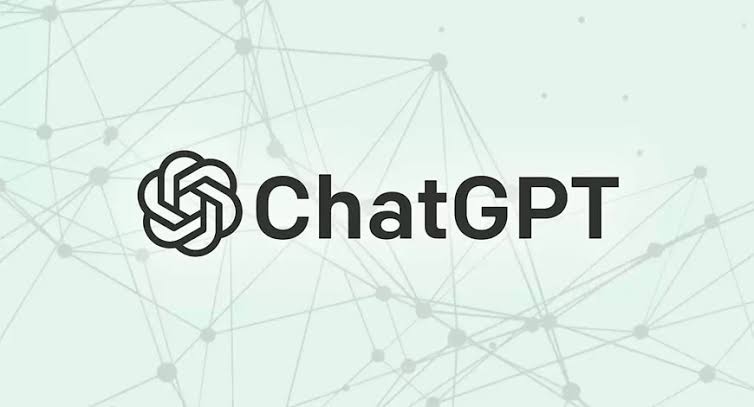
OpenAI, the US-based software company, is now under investigation by Canada for its popular AI chatbot, ChatGPT. The investigation is currently ongoing. Canadian authorities have initiated the probe to evaluate the compliance of ChatGPT with Canadian laws and regulations. But, OpenAI has not yet released a statement regarding the matter.
Allegations regarding the collection, use, and disclosure of personal information without consent prompted the Office of the Privacy Commissioner to initiate an investigation into OpenAI. The Office of the Privacy Commissioner has stated that they take these matters seriously and will thoroughly investigate the allegations.
In November, OpenAI introduced a chatbot that delivers in-depth responses by utilizing web data. Since then, users have been buzzing about it. ChatGPT caused a worldwide sensation with its ability to generate essays, exams, songs, and news pieces from short prompts. However, critics have been arguing and inquiring about the data acquisition and processing methods used by ChatGPT and its competitors.
Increased Concerns About AI Regulation
Software giant Microsoft has provided substantial funding to ChatGPT, positioning it as a potential rival to Google’s search engine. As a result, the tool has been integrated into various Microsoft businesses, easing many users’ workflow and processes. However, the Canadian regulator’s recent actions reflect growing concerns over the need for improved regulation of AI-powered tech.
Several international experts and billionaire Elon Musk, who launched OpenAI but is no longer part of the team, have joined forces to call for a six-month pause in the research of AI systems. Recently, the latest version of the software ChatGPT, GPT-4, was launched, and it seems there’s no slowing down for the developers.
The call for a pause in AI research stemmed from concerns over the profound risks to humanity and society posed by ChatGPT. On Friday, Italy became the first Western nation to restrict the tool due to concerns about data usage. Europol, the European police organization, has warned that chatbots and other artificial intelligence tools may make it easier for delinquents to commit cybercrimes, including fraud.
Featured image from Shutterstock.com



